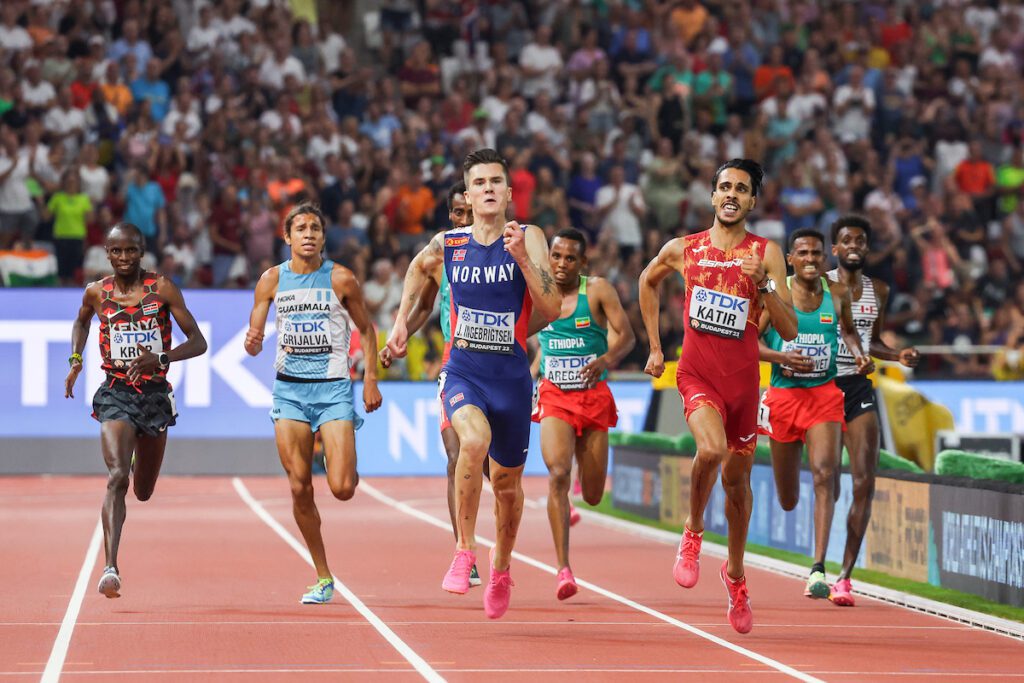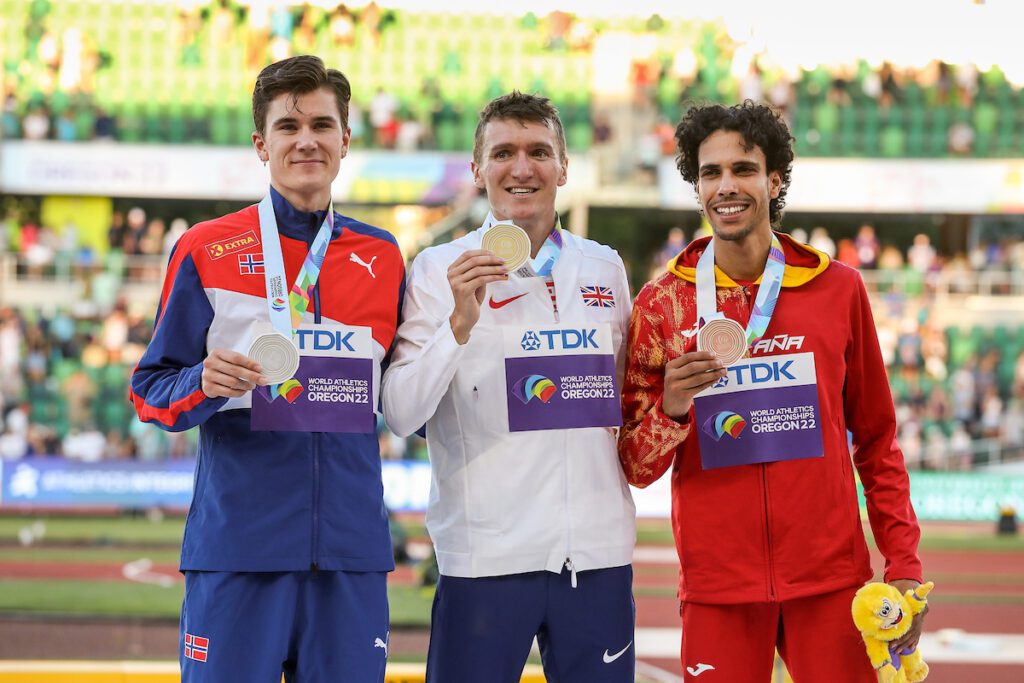Norway’s gold drought at the World Indoor Championships hit 29 years last weekend in Glasgow, with the country’s star middle-distance runner, Jakob Ingebrigtsen, sidelined by injury. In a recent interview with the Times, Ingebrigtsen did not hold back, slamming doping in athletics, saying it’s worse now than a decade ago.

“I think doping is worse now than 10 years ago,” Ingebrigtsen told the Times. “It is difficult to prove that, but it’s what I feel. The problem now is that we see fewer positive tests, and that really concerns me; it is a sign that people are getting smarter and finding better ways to evade detection, or perhaps the tests are not detecting enough.”
The Olympic 1,500m champion went on to say that not enough people are getting caught by regular testing, and the only way “cheats” are detected is through whereabouts (three missed doping tests in 12 months). “If you know what you’re doing, that is a genius way of cheating,” he says.
One thing that is different than 10 years ago is the number of athletes tested. World Athletics president Sebastian Coe introduced the Athletics Integrity Unit (AIU) in 2017, a crucial governing body dedicated to safeguarding the integrity of athletics. Each year, World Athletics spends an estimated $8,000,000 putting systems in place to tackle doping.

Ingebrigtsen voiced his satisfaction in beating suspected dopers, like two-time world championship medalist Mohamed Katir, who was given a two-year ban on whereabouts in February. “It’s the ultimate destruction,” he said to the Times. “It’s more embarrassing for them—even when they have the audacity to cheat, and they are not doing it right.”
The 23-year-old has yet to race in the 2024 season, as he continues to recover from an Achilles injury he suffered last fall. He expects to make his debut on the track in late May and round into form to compete at the 2024 European Championships in Rome in June.

